The Premier League is sure to be a more interesting place for the addition of David Wagner to its managerial ranks this summer.
Wagner has guided Huddersfield Town to promotion to the English top flight through the Championship play-offs despite having considerably less money at his disposal than many of the division's more established clubs.
He will now attempt to achieve the even more impressive feat of keeping the Terriers in the Premier League and is sure to attract further interest from clubs across the continent if he is able to do so.
Man City to sell Mooy to Huddersfield
You can also expect countless comparisons to Liverpool boss Jurgen Klopp ahead of the first meeting between the Reds and Huddersfield on October 28 due to the long relationship and many similarities between the two coaches.
Next Match
But what is his background and how did he rise to his current prominence? Here is everything you need to know about Wagner.
WAGNER'S PLAYING CAREER
 Getty Images
Getty Images
Wagner had a 15-year professional career as a player and his acquaintance with Klopp began during his playing days; they were both at Mainz in the early 1990s, with Wagner spending four years at the club and Klopp seven more, retiring there in 2001 having become their manager.
Whereas Klopp has admitted himself to being a player of modest ability, however, Wagner had more talent at his disposal. He scored 19 goals in 94 games for Mainz and went on to sign for Schalke, with whom he won the UEFA Cup during the 1996-97 season.
As Wagner tells it, in fact, he forced Klopp's conversion from a striker to a defender by taking his place in the team upon joining Mainz.
"I've known Jurgen longer than I've known my wife,” he told the Guardian in 2015. "We met at Mainz and I took his place in the team, so he changed his role from a striker to a defender because it was much easier for him!"
While at Schalke and playing with United States international Thomas Dooley, Wagner was recommended to USA coach Steve Sampson for national-team consideration as a German of American descent. He accepted the call-up and played eight times for the USA over a span of a couple of years.
That would end up briefly posing a problem for the Americans, as FIFA's rules around international eligibility were foggier back then and Wagner had played for Germany's Under-21 side. Canada complained about Wagner's status after losing a World Cup qualifier to the USA in 1997, but his right to represent the States was eventually upheld.
Following a spell at Darmstadt that saw him net 21 goals in 76 games, Wagner spent three years with two small German clubs before hanging up his boots in 2005.
WAGNER AT BORUSSIA DORTMUND
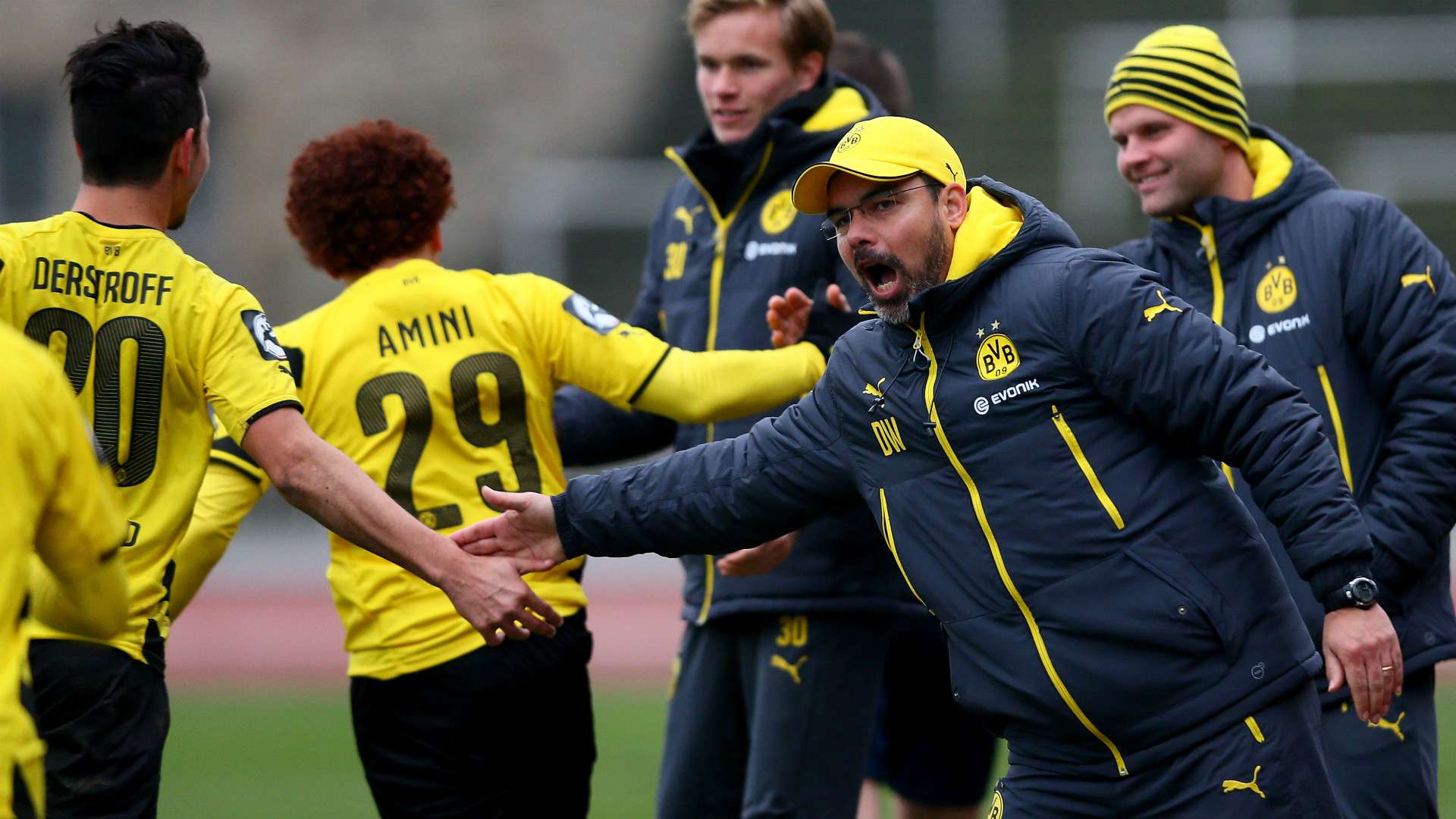 Getty Images
Getty Images
Klopp became a coach before he had even called a day on his playing career; he was recovering from a gastrointestinal disorder in February of 2001 when Mainz sacked their manager, Eckhard Krautzun, and handed him the job on an interim basis.
For Wagner, on the other hand, the path to a first-team coaching role was much slower and nearly never happened at all. After retiring in 2005, Wagner decided he needed a break from football and studied biology and sports science at Darmstadt University.
Urged by Klopp to do his coaching qualifications, he took charge of Hoffenheim's Under-17 and Under-19 sides but, after completing the first degree, was back in school and training to be a teacher.
Wagner was 18 months through that course when Klopp, by now the Borussia Dortmund coach, put his money where his mouth was and offered his friend - who was the best man at his wedding - the manager's job with Borussia Dortmund II, the reserve team at Signal Iduna Park.
Wagner accepted the offer and quickly showed his worth. He guided the second team to the Regionalliga West title in his first season in charge but avoiding relegation from the 3. Liga was a constant battle, with his best young players inevitably called up to represent the first team or moving on to other clubs.
Dortmund survived for two seasons before being relegated in the third amid an injury crisis and Wagner decided to make his own move in November of 2015, a few months after Klopp had been replaced by Thomas Tuchel.
WAGNER AT HUDDERSFIELD
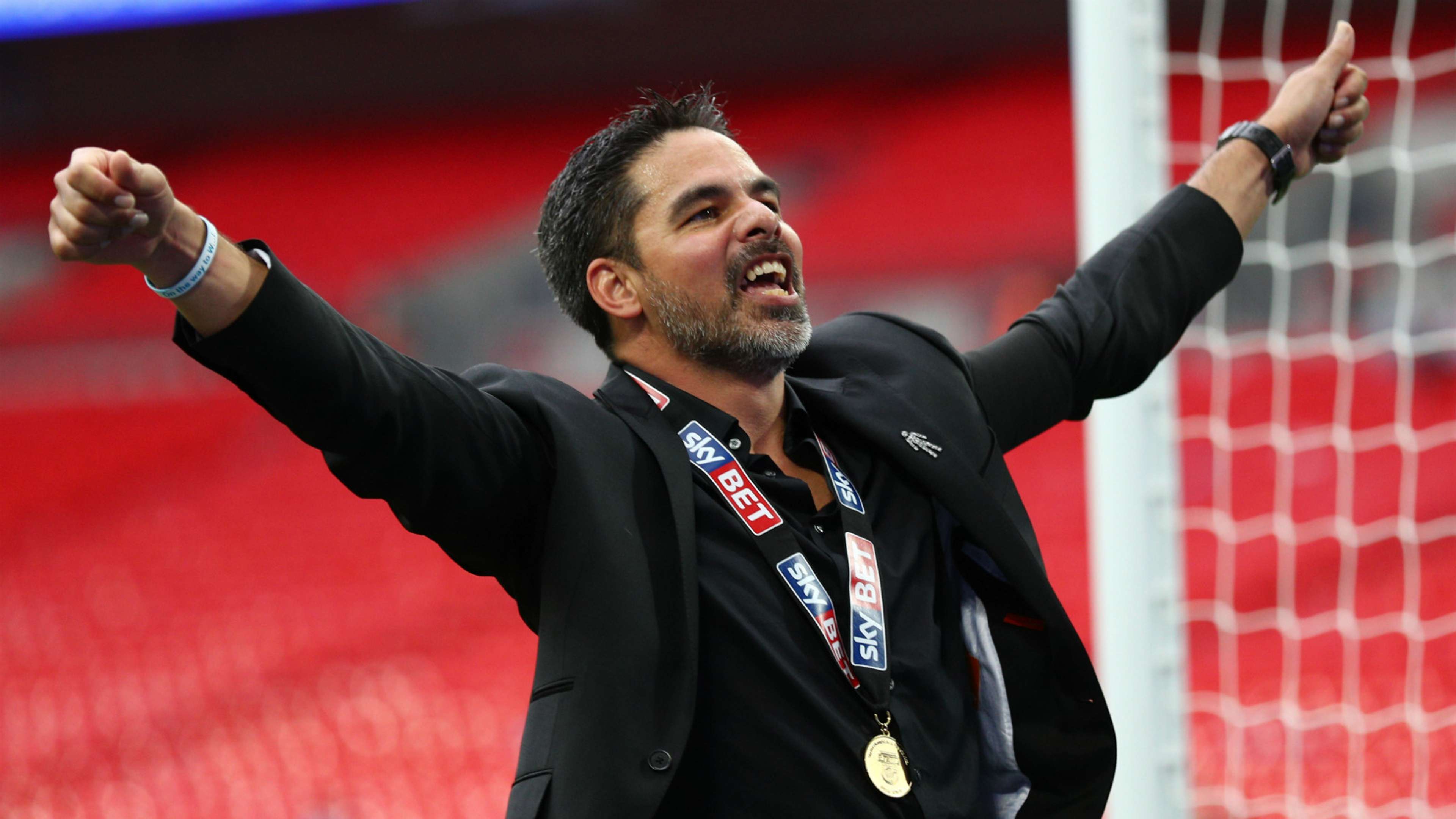 Getty Images
Getty Images
Despite coaching at a relatively low level with Borussia Dortmund II, Wagner's association with a big club and his belief in the style of play Klopp had become known for ensured that he was always likely to attract attention.
Days after he had quit Dortmund, Wagner was confirmed as the new manager of Championship side Huddersfield Town, replacing Chris Powell. He inherited a side that sat 18th in the table and had been promoted from League One in 2011-12.
After an upturn in form through December and January, the remainder of the campaign was plagued by inconsistency. Huddersfield ended the season with heavy defeats against Bristol City and Brentford and finished 19th, and Wagner set about revamping his squad ahead of his first full campaign in charge.
Much of the starting XI underwent a makeover. Christopher Schindler, Michael Hefele and Chris Lowe all arrived from Germany to form a new back four with youngster Tommy Smith, while goalkeeper Danny Ward was borrowed from Klopp's Liverpool.
Wagner found a new midfield lynchpin in Aaron Mooy, a loanee from Manchester City, and attacking punch in Elias Kachunga, another import from the German leagues. Kasey Palmer and, in January, Izzy Brown signed up on a temporary basis from Chelsea.
Who is Man City midfielder Mooy?
The loans were necessary for a club like Huddersfield, who could not compete financially with many of their Championship rivals. After a pre-season escape to the Swedish wilderness with no electricity or technology, the Terriers flew out of the blocks, winning eight of their first 11 games.
They couldn't keep that pace up the whole way, but did enough to seal a play-off spot against the odds and, battling fatigue due to their lack of depth compared to some of their rivals, earned promotion to the Premier League by winning two penalty shootouts.
IS WAGNER THE NEW KLOPP?
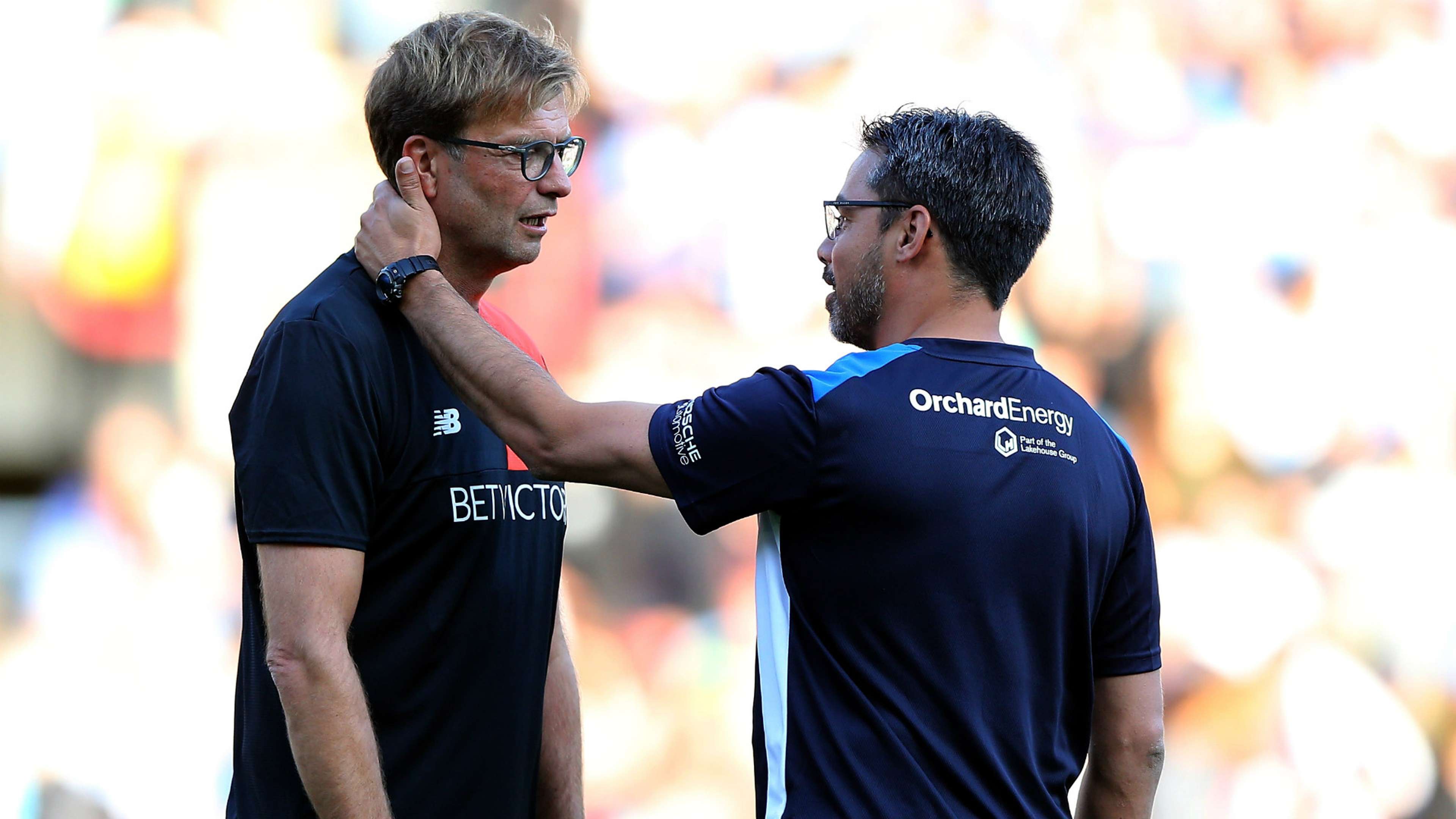 Getty Images
Getty Images
The similarities between Wagner and Klopp are striking, and to his credit the Huddersfield boss has taken the frequent comparisons to his friend with good humour.
There is a resemblance in their appearances, with both sporting a familar combination of baseball cap, glasses and stubble on the sidelines, but the parallels go beyond the superficial.
Wagner is a wholehearted advocate of Klopp's so-called heavy-metal football - though he prefers to call it "the Terriers' identity" - and is as good-natured and witty away from the pitch as he is passionate on the touchline. When Huddersfield played Yorkshire rivals Leeds United last season, he sparked a brawl with his wild celebrations after a late winner.
If Huddersfield can survive a season in the Premier League, they can almost certainly count on other clubs expressing an interest in the 45-year-old. Wagner turned down the Wolfsburg job in December to stay at the John Smith's Stadium and has admitted to fielding enquiries from "a few" Bundesliga clubs.
The more Wagner achieves, the bigger those clubs will become and the more tempting the offers. He could certainly be a candidate for the Borussia Dortmund job in the future given his background and that, as was the case for Klopp and Tuchel, could prove a gateway to a European powerhouse.
Huddersfield's 2017-18 fixture list
First, though, he will have to prove his worth in a top league. While Wagner's football can be exhilirating at its best, it should also be noted that Huddersfield have finished both seasons under his management with losses of form. They lost six of their final 10 regular-season games last season and didn't actually win a play-off match despite gaining promotion.
Klopp has had to field similar criticism - centred around accusations his ethos exhausts his players - from some quarters but given the Terriers will have a fight on their hands to avoid relegation next term, a late collapse could prove extremely costly.
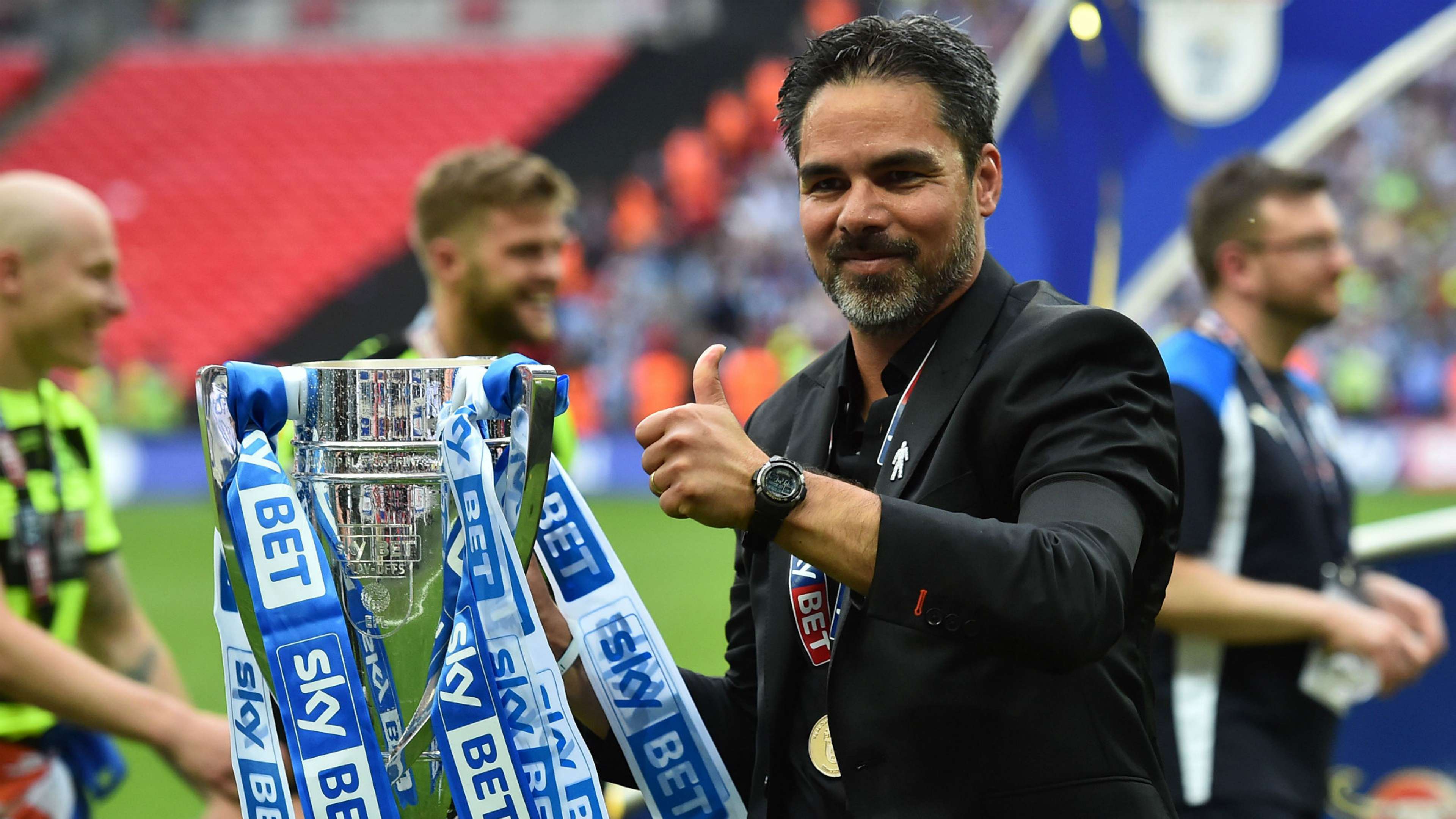


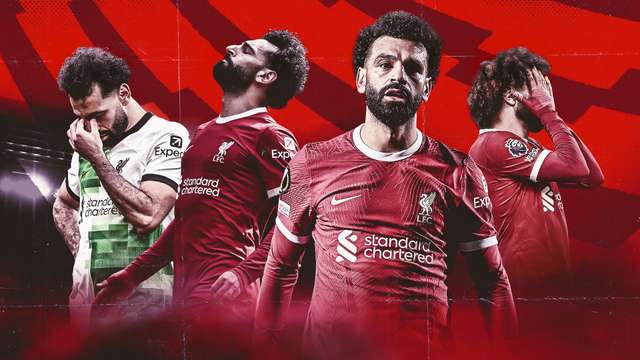
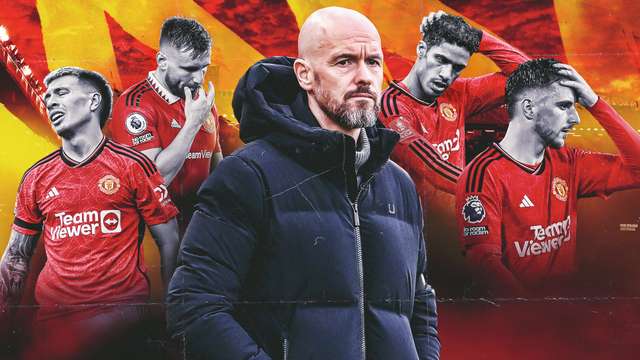
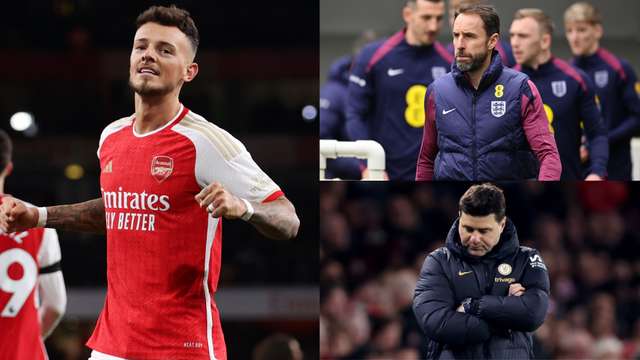
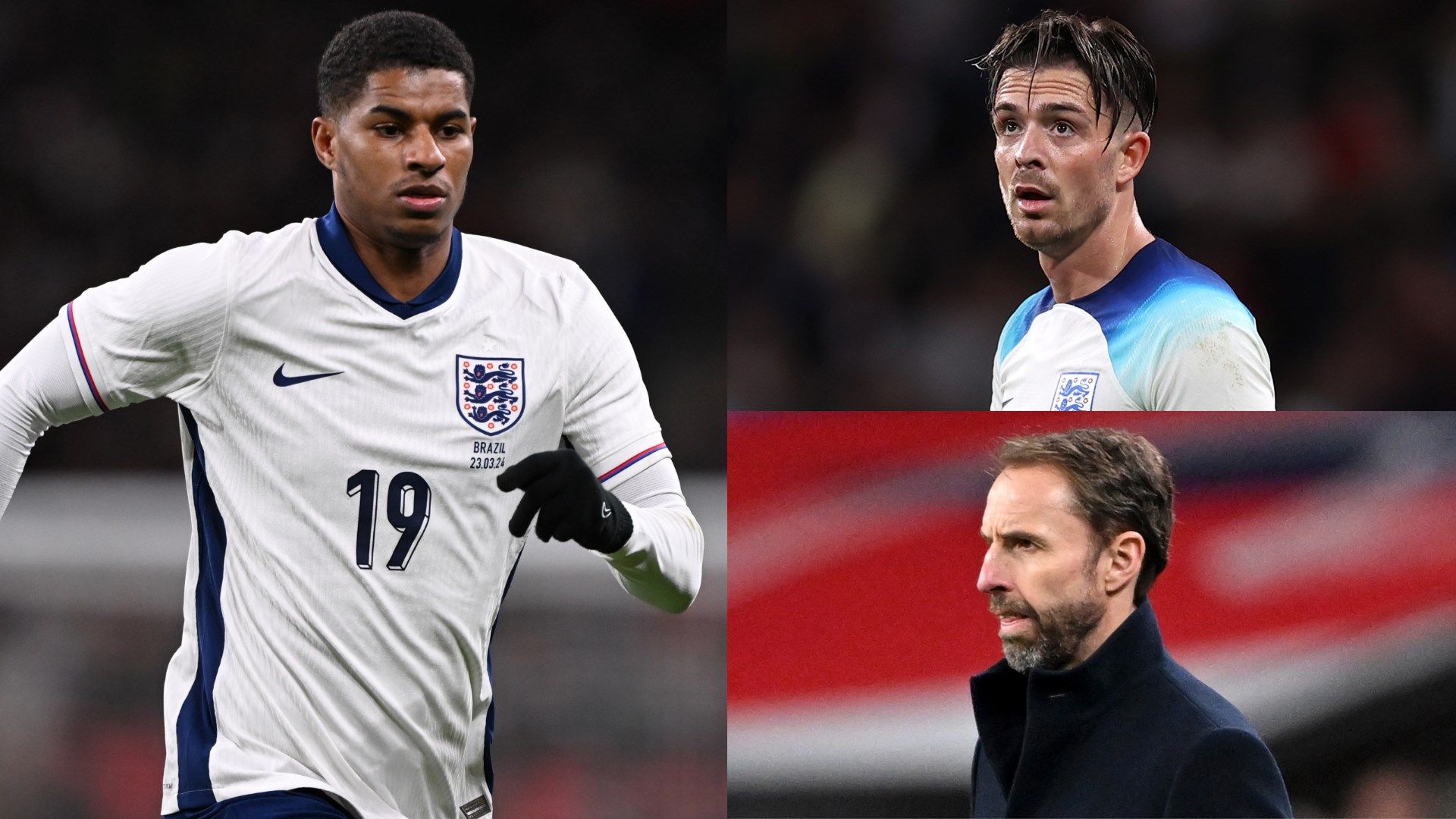.jpg?auto=webp&format=pjpg&width=640&quality=60)